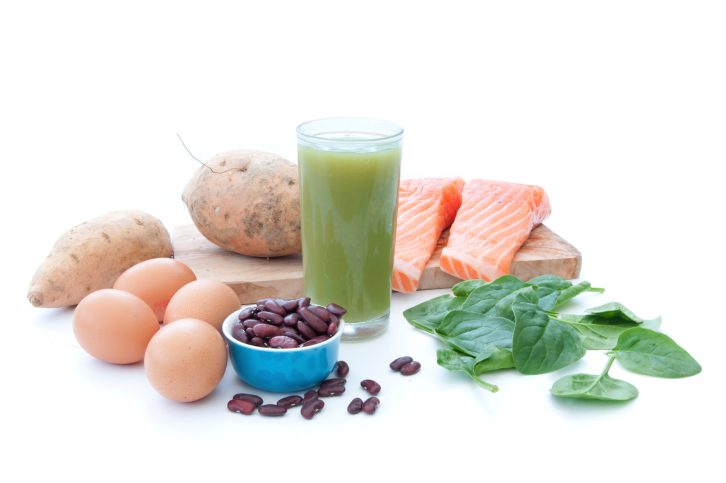Pro tips to get your diet (back) on track this winter

— By Tara Postnikoff
It’s the new year and maybe you strayed a little from your eating plan over the holidays. Don’t let that stop you from getting back on track. Use the winter months to identify areas for improvement in your eating plan and get started on establishing new habits now.
Consider these 5 Nutritionists’ ‘Pro’ Tips for getting your eating plan (back) on track this winter.
1. Separate your meals by at least 4-5 hours. If you were off over the holiday’s you might have slipped into the habit of eating or snacking all the time. Even if your snacks were healthy, this could result in overconsumption of calories and the addition of a couple unwanted pounds. It also doesn’t allow your body the break from digestion if you are eating so frequently and digestion is a costly process (metabolically speaking). Exception to this rule are those training 17-20 hours per week who might be finding it hard to meet their caloric intake in fewer, may need to eat every 3-4 hours.
2. Don’t forget to hydrate. Often in the winter months athletes think they don’t need as much water as in the summer months. When temperatures drop we can often need as much or more because the air is dryer inside and out. Practice good hydration protocols while training aiming for 500-1000ml per hour and focus on maintaining 2-3 litres of water throughout the day. If the thought of cold water in the winter gives your the chills then consider un-caffinated herbal teas, or warm water and lemon to keep you feeling warm yet hydrated too.
3. A little planning and prep goes a long way. Just like in training if you don’t have a plan to follow you may quickly find yourself of course. Use the additional time you have in the winter months (due to lower training volume) to create weekly menu plans and then shopping lists for you and your family. Knowing what to buy when you go to the grocery store will help keep you on track. You can’t have healthy meals if you don’t stock your fridge and pantry with healthy ingredients. When you get the food home spend a few minutes washing and chopping veggies so they are available for quick snacks. If you can’t stand the idea of that, then buy your veggies already washed and chopped. Other find success with taking a couple hours on the weekend or other down day to prep, cook and pack meals for the upcoming week. Try to find a strategy that works for you. Good habits created now, will carry you through the busier race season.
4. Log it! If we don’t see it (written down), we don’t know what we ate and if we don’t know what we are eating its hard to make educated changes. I get all my clients to log their diets for 1 week before meeting them. Most find this an eye-opening experience. There is often a difference between what and how we think we are eating vs what we actually are eating. You don’t have to be a nutritionist to sit down at the end of the week and look at your logs and find some room for improvement. How many days did you consume treats or sweets post meal? How many vegetables did you eat each day? How many glasses of water did you consume? Pick one goal from your review to work on for the next couple weeks, and then check in again to see how you are doing with that goal.
5. Eat your veggies. Most athletes that I see could all use improvements with their intake of vegetables. Vegetables are your main source of vitamins, minerals and fiber as well as bioflavanoids and other phytochemcials that will help keep your body strong, health and reduce risk of infection. It’s often easy to focus on the calories and the macronutrients (Carbs, Proteins and fats) but forget about all the micronutrients that our body needs. As athletes we often place large amounts of stress (physical and mental) on our bodies and this increases our need for micronutrients. Aim for 8-10 cups of vegetables per day with a variety of dark green leafy’s and brightly coloured ones. Vegetables can enjoyed be raw, grilled, steamed, or baked.
As busy athletes we often focus on our training plans before we focus on our nutrition, or think that nutrition is only what to do before during and after a workout or race. But just like training, consistency in healthy eating over time makes the biggest impact. But if we can spend even 15 minutes a day thinking about improving your nutrition you’ll see big rewards come race day.
